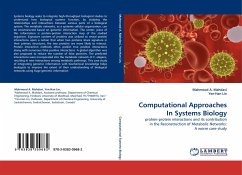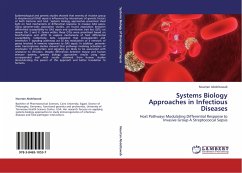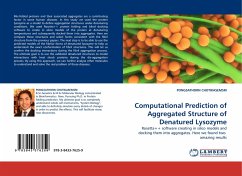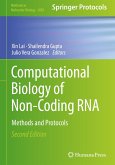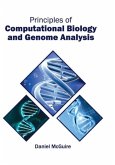Systems biology seeks to integrate high-throughput biological studies to understand how biological systems function, by studying the relationships and interactions between various parts of a biological system. The metabolic networks, as a systemic cellular organization, can be reconstructed based on genomic information. The center- piece of this information is protein-protein interaction map of the studied organism. Signature content of proteins was utilized to reveal protein interactions upon a notion that when two proteins share signature in their primary structures, the two proteins are more likely to interact. Protein interaction methods often predict true positive interactions along with numerous false positive interactions. A global algorithm was also proposed to reduce the number of false positives. The predicted interactions were incorporated into the metabolic network of C. elegans, resulting in new interactions among metabolic pathways. This case study of integrating genomic information with biochemical knowledge helps biologists to improve the extent of their understanding of biological networks using huge genomic information
Bitte wählen Sie Ihr Anliegen aus.
Rechnungen
Retourenschein anfordern
Bestellstatus
Storno

